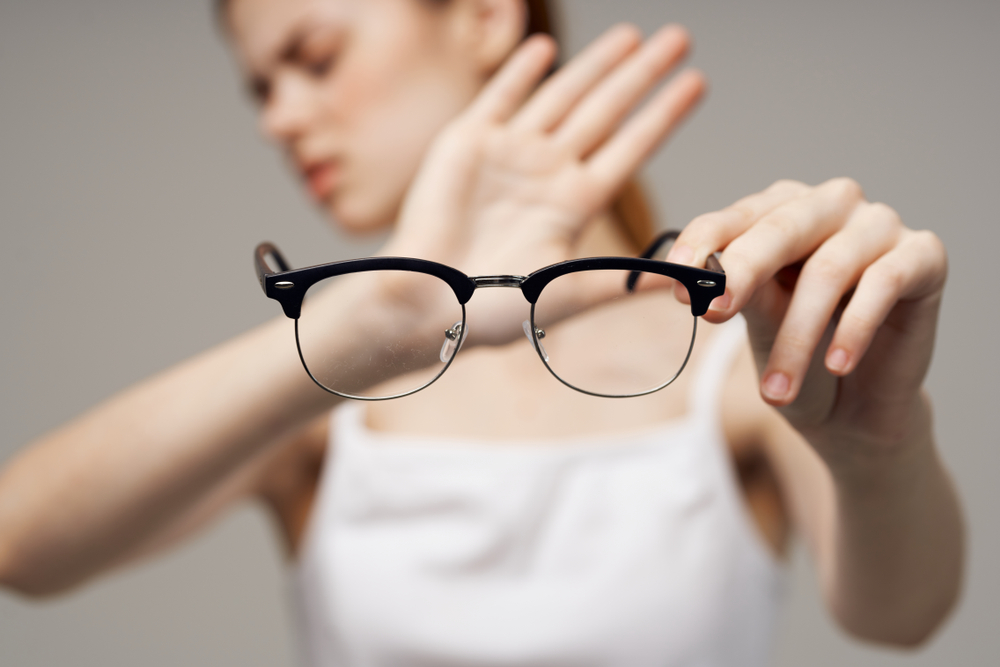Pregnancy is a beautiful and transformative time in a woman’s life, filled with excitement and anticipation. With all the changes happening in your body, it’s important not to overlook your eye health during pregnancy. Pregnancy can bring about certain changes in vision and eye health that may warrant attention. In this blog post, we’ll explore common eye-related issues during pregnancy and provide tips on how to maintain optimal eye health.

Vision Changes During Pregnancy
One of the most common vision changes experienced during pregnancy is fluctuating vision. This can occur due to hormonal changes, fluid retention, and other factors. You may notice that your prescription glasses or contact lenses no longer provide the clarity they once did. In some cases, vision may improve, while in others, it may temporarily worsen.
Another condition that may develop during pregnancy is gestational diabetes, which can affect the eyes. High blood sugar levels that may come with gestational diabetes can cause blurry vision or even diabetic retinopathy if left untreated.
Tips for Maintaining Eye Health
- Regular Eye Exams: Schedule a comprehensive eye examination with your optometrist or ophthalmologist early in your pregnancy. Inform them about your pregnancy so they can tailor the exam accordingly.
- Manage Dry Eyes: Hormonal changes can lead to dry eyes during pregnancy. Use eye drops recommended by your eye care professional to ease discomfort.
- Monitor Blood Pressure: High blood pressure (hypertension) during pregnancy can affect the eyes and vision. Regularly monitor your blood pressure and consult your healthcare provider if it becomes elevated.
- Wear UV Protection: Increased sensitivity to sunlight is common during pregnancy. Wear sunglasses with UV protection when outdoors to shield your eyes from harmful UV rays.
- Stay Hydrated: Drinking plenty of water can help prevent dehydration, which can contribute to dry eyes and discomfort.
- Eat a Balanced Diet: A healthy diet rich in vitamins and nutrients is crucial for overall health, including eye health. Eat foods high in omega-3 fatty acids, vitamin C, and antioxidants.
- Manage Gestational Diabetes: If you have gestational diabetes, it’s important to monitor your blood sugar levels closely and follow your healthcare provider’s recommendations for managing the condition.

When to Seek Medical Attention
If you experience sudden or severe changes in vision, such as persistent blurry vision, double vision, or flashes of light, contact your eye care provider immediately. These could be signs of more serious conditions that require prompt evaluation and treatment.

















